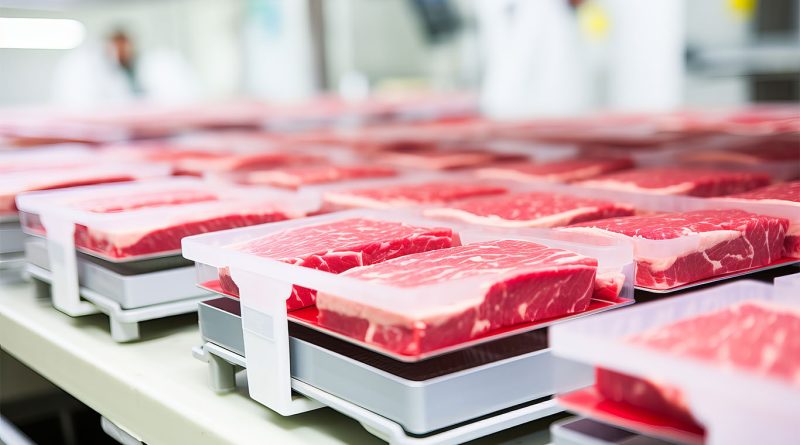5 Bioengineered Food Companies Reshaping the Future of Nutrition
Bioengineered food has emerged as a groundbreaking solution to the divide between nutrition and sustainability, promising to redefine our food systems. This innovation, rooted in cutting-edge science, aims to meet the growing global demand for food while addressing environmental concerns. Bioengineered food, through its ability to enhance nutritional content, improve crop resilience, and reduce agricultural footprint, offers a glimpse into the future of food production. Discover the companies at the forefront of this revolution, exploring how their efforts in bioengineering are shaping the path toward a sustainable and food-secure world.
1. Prevera
Prevera specializes in algae-based nutraceuticals, offering a sustainable and nutritionally rich alternative to traditional food sources. Algae, as a plant-based supplement, is preferred for its health benefits and lower environmental impact compared to animal-derived products. This approach not only contributes to the bioengineered food space but also aligns with global efforts towards more sustainable food systems.
2. OFF FOODS
OFF FOODS focuses on developing alternative protein snacks, employing bioengineering techniques to create new, sustainable food products. The challenge in this space includes finding sustainable crop production methods amidst climate change and reducing pesticide use, ensuring that these alternative protein sources are both environmentally friendly and safe for consumption.
3. Planet A Foods
Planet A Foods is involved in creating innovative food ingredients, potentially influencing bioengineering to revolutionize the food supply chain. By using proprietary technology to ferment plant-based ingredients, Planet A Foods can naturally recreate flavors and fats in foods, offering a sustainable and technologically advanced solution to food production.
4. Umiami
Umiami stands out among European foodtech companies for possibly incorporating bioengineering in the development of plant-based foods. This approach could include the use of bioengineering techniques to mimic meat textures and flavors, providing consumers with appealing plant-based alternatives that do not compromise on taste or nutritional value.
5. Meatable
Meatable is recognized as a top European foodtech company likely utilizing bioengineering for creating meat alternatives. Through bioengineering, Meatable may be focusing on cultivating cells to produce meat that offers a sustainable, ethical, and less resource-intensive alternative to conventional meat production.
Bioengineered food companies are driving a transformative shift in the food industry, offering innovative solutions to pressing global challenges such as sustainability, nutrition, and food security. From algae-based nutraceuticals to plant-based meat alternatives, these companies are harnessing cutting-edge bioengineering techniques to create environmentally friendly, nutritious, and ethical food products. As pioneers in this field, they are reshaping the future of nutrition, demonstrating the potential of technology to revolutionize food production.
